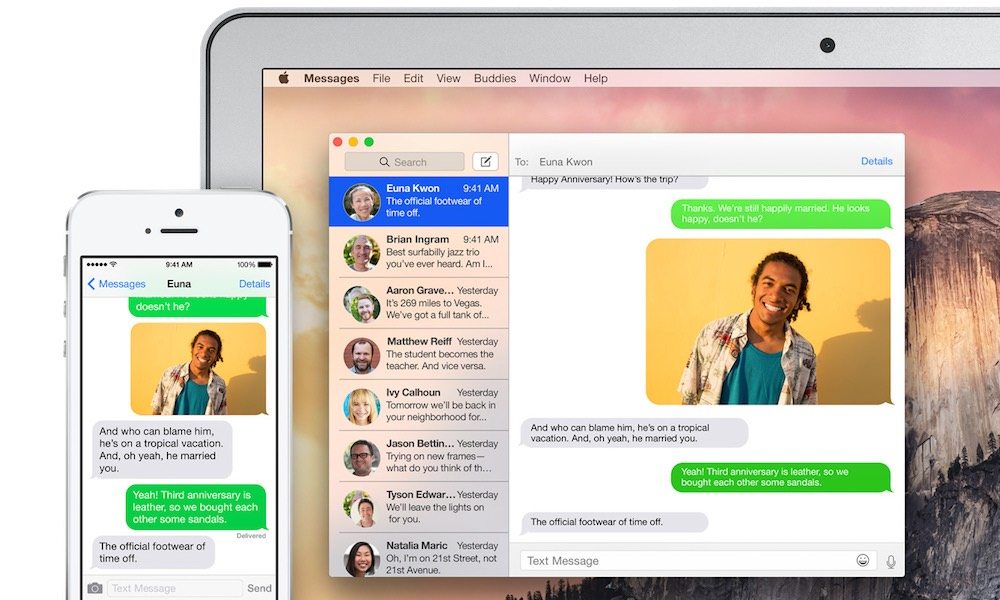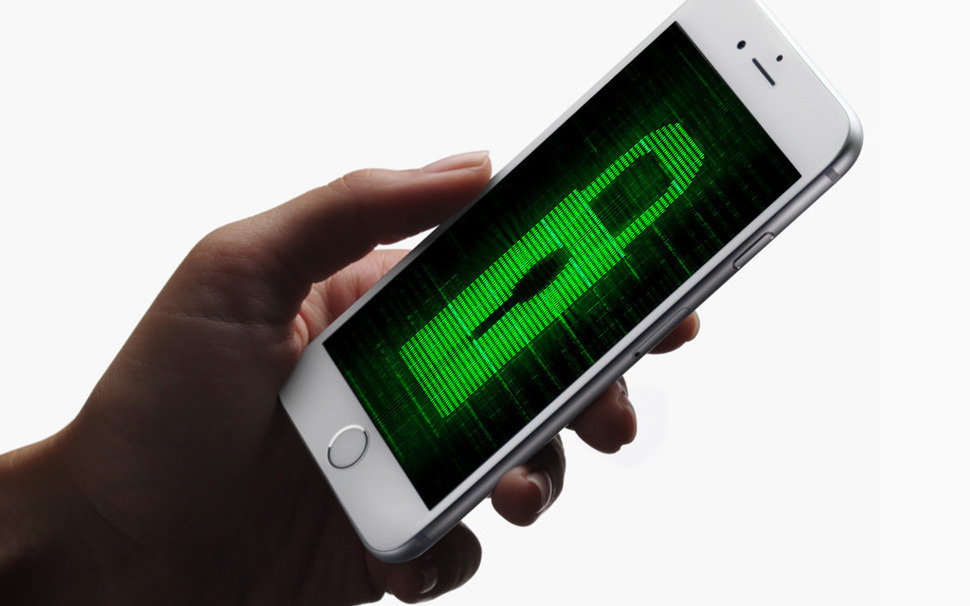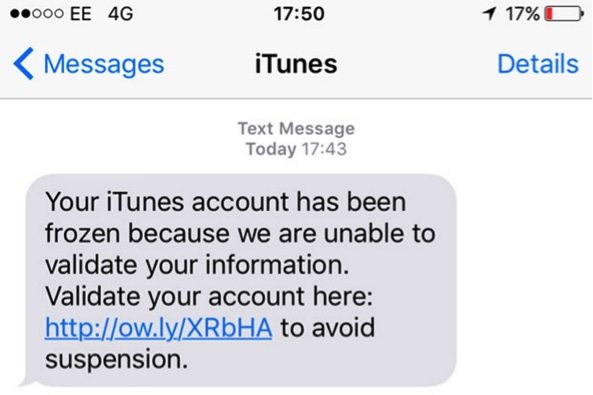Text Message Scams Targeting iPhone Users on the Rise

Toggle Dark Mode
Apple products are usually more expensive than Android smartphones and Windows PCs, but why? This is partially because Apple creates products end to end, including software and hardware, unlike Android phones and Windows PCs. Also, Apple’s software security features are harder to crack. People pay for Apple branded security, however, even despite the complexity of OS X and iOS, it seems some cyber criminals are targeting and taking advantage of some Apple customers.
While more common Windows viruses and malware don’t affect Mac users, blogger Graham Cluley from BBC was quoted saying Apple users can’t “afford to be lackadaisical” with security. Cluley said he received a text message from the aforementioned criminals in effort to get his account information. It’s a common scam and often cyber criminals use e-mails making believable claims in order to trick computer users.

The text message in question claims a user’s Apple ID account is about to expire and suggests they go to a fake website where they are supposed to enter account information. “It tried to grab personal information and credit card details with the aim of committing identity theft,” said Mr. Cluley. “They deliberately took advantage of people’s trust in the Apple brand to steal information. Avoid clicking on links in emails because they might take you somewhere phishy. Instead go to the website directly and log in that way.”
 Example of a text message scam
Example of a text message scam
It’s common for companies involved in internet services to warn their users about this problem, as most will never ask for your password, and give clear guidelines on how they manage account issues. Never give out passwords or any information to untrusted sources.
The spoof website, which was tied to the text message Cluley received, has since been blocked by most web browsers. Apple’s support site says, “In general, all account-related activities will take place in the iTunes application directly, not through a web browser.” This is a security measure that makes it harder for hackers to gain access to account information.
However, even taking safe steps, there isn’t any way to protect people from being tricked into giving up personal and account information. This applies to any account online. What can be done is to educate consumers about what information they shouldn’t give out and how to safeguard themselves from potential threats.
Learn More: How to Create Password-Protected Notes with Touch ID in iOS 9.3
Has anything like this ever happened to you? Let us know in the comments below.






